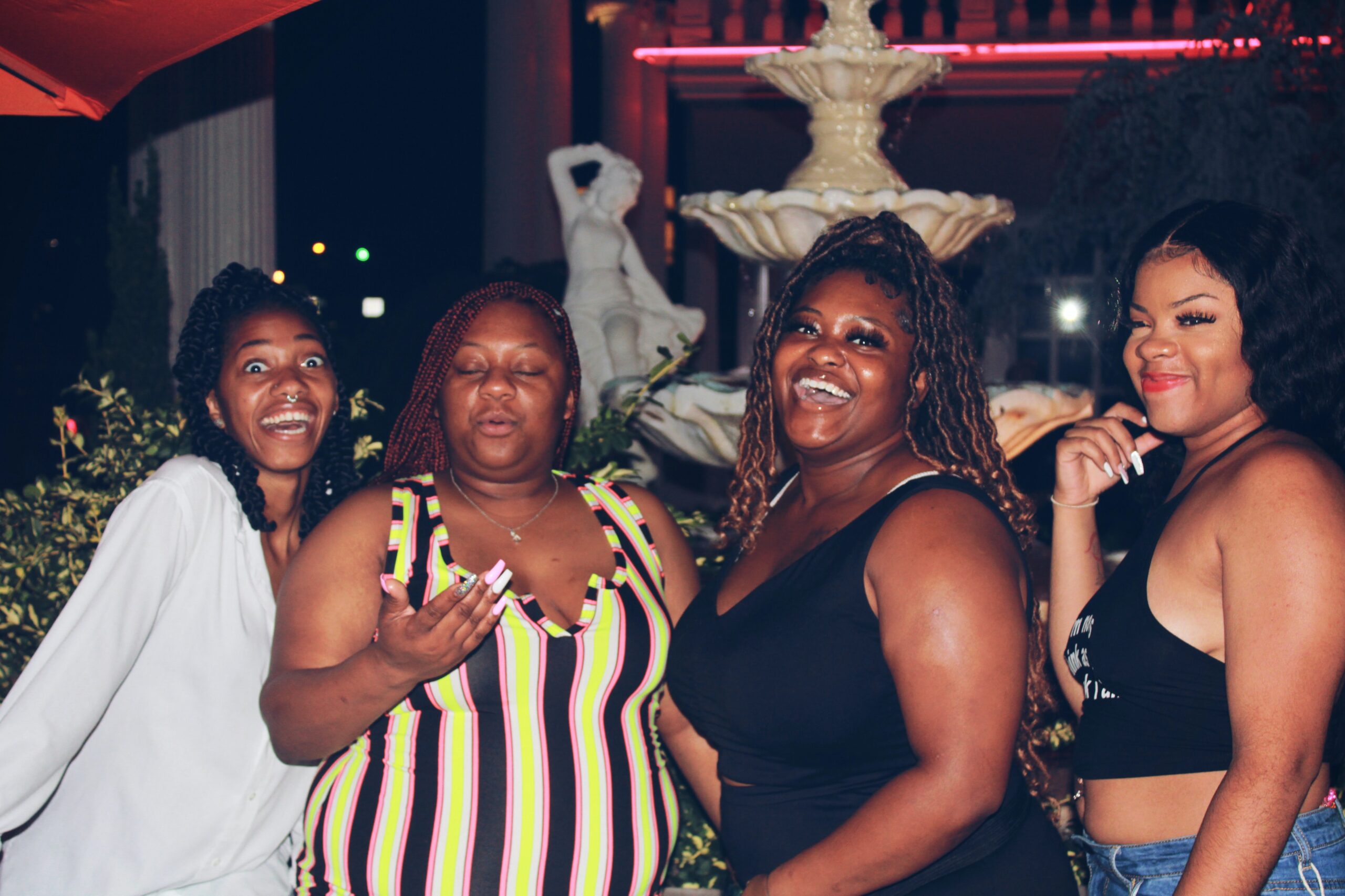Well Now Explorer January 2021
Live zoom session Mondays 07:00 – 8.30pm.https://us02web.zoom.us/j/85804373584
Meeting ID: 858 0437 3584 Passcode: 078019
Activity One
Radical Body Love
A range of different terms get used to disrupt everyday body oppression and replace this with liberatory thinking.
I use the term ‘body respect’ because I think respect signals the need for social accountability that can be missed by other terms.
That said, the transformational leader and activist Sonya Renee Taylor talks about radical self love as the route to collective liberation.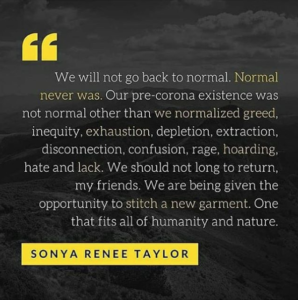
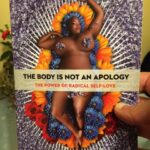
Sonya founded the digital organisation The Body Is Not An Apology and wrote a book by the same name.
Activity Two
Strategies for Building Body Respect
A world that sticks to the rigidity of all-or-nothing thinking doesn’t foster awe and respect for our bodies, or other people’s. Instead, it teaches us to compare bodies in a judgmental way where even ‘perfection’ comes at a cost. It sets us up to be non-accepting of difference. This creates unjust power imbalances in society that begin to seem normal and ‘ just the way things are’. With all this body bashing it’s not surprising our sense of body respect is bruised at best, and somewhat battered at times.
- Can you write an A to Z of strategies to nurture body respect?
This can range from hanging out with people who help you experience self-worth, planning things that bring you embodied pleasure, to activism and overhauling the entire education system!
We can discuss your ideas in the live zoom call.
This is a list of recommendations shared in the live call for lesson 6. There might be something useful here!
Activity Three
Pleasure and Body Signals and Sensations
This is repeat from lesson 5. I think I might have overloaded that session so I have added it again as it’s a useful exercise to try if you haven’t already, now or at some future date.
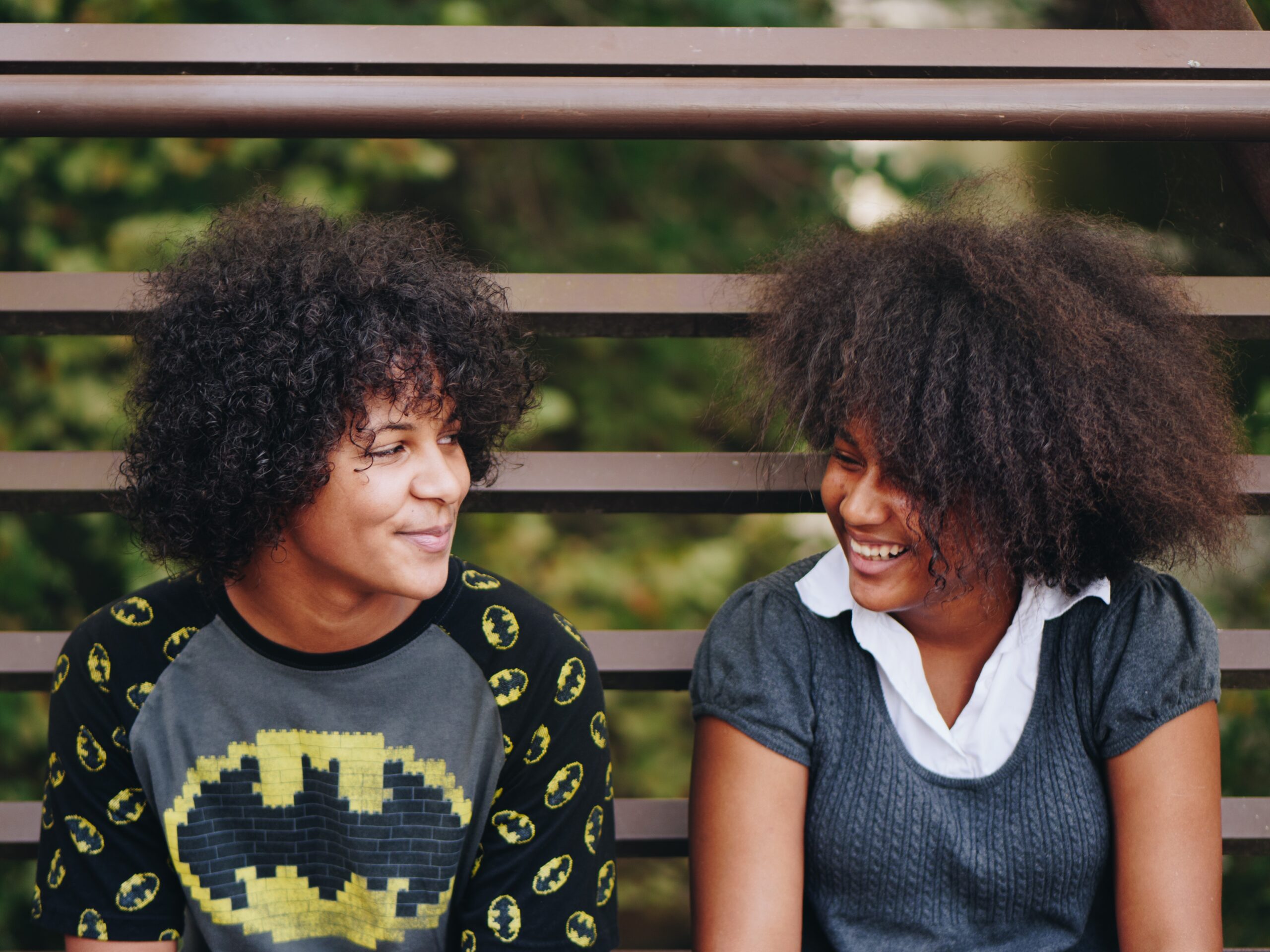
Activity Four
Activity Five
Thin Privilege and Fat Bias
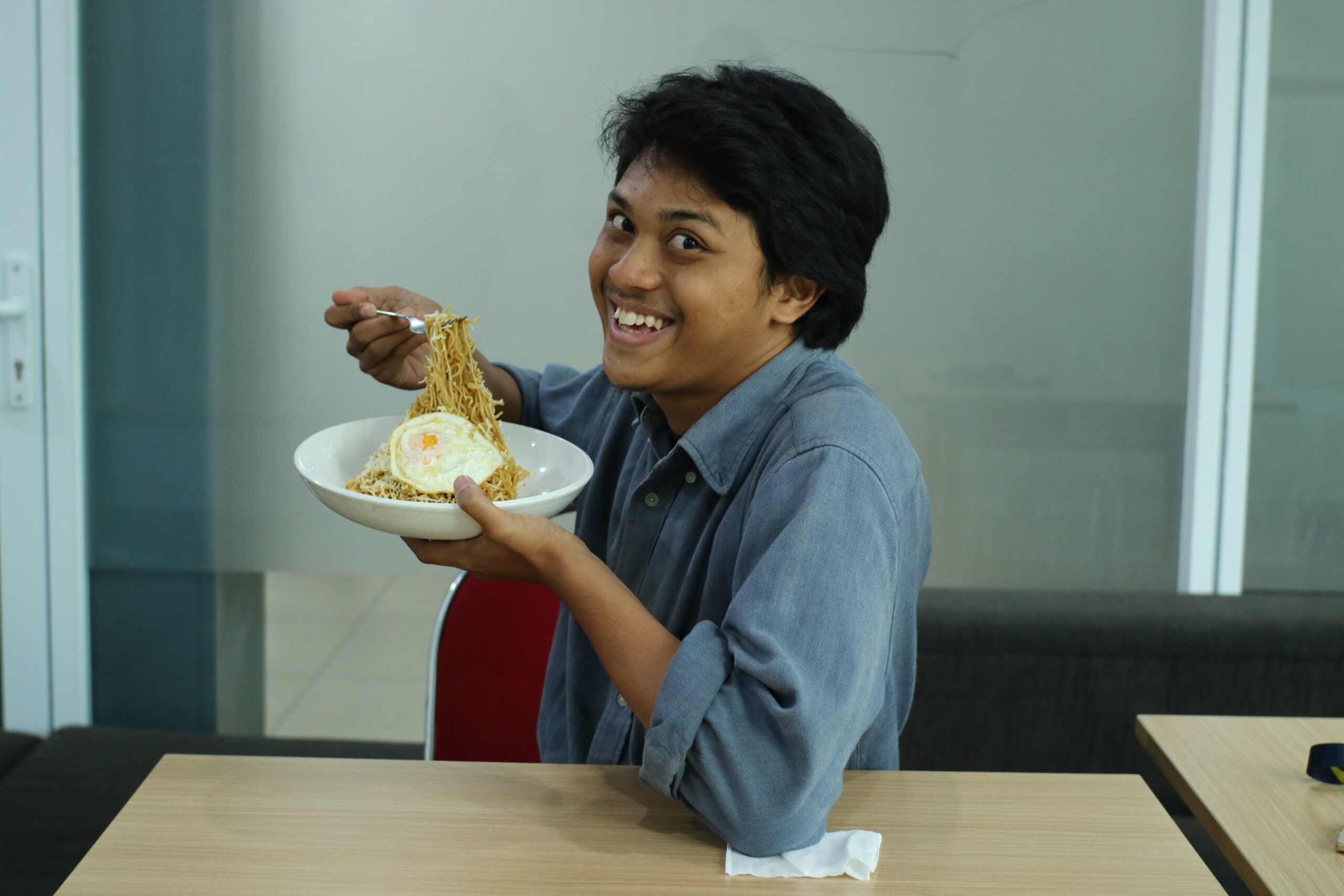
Shirley shared this photo in the zoom call
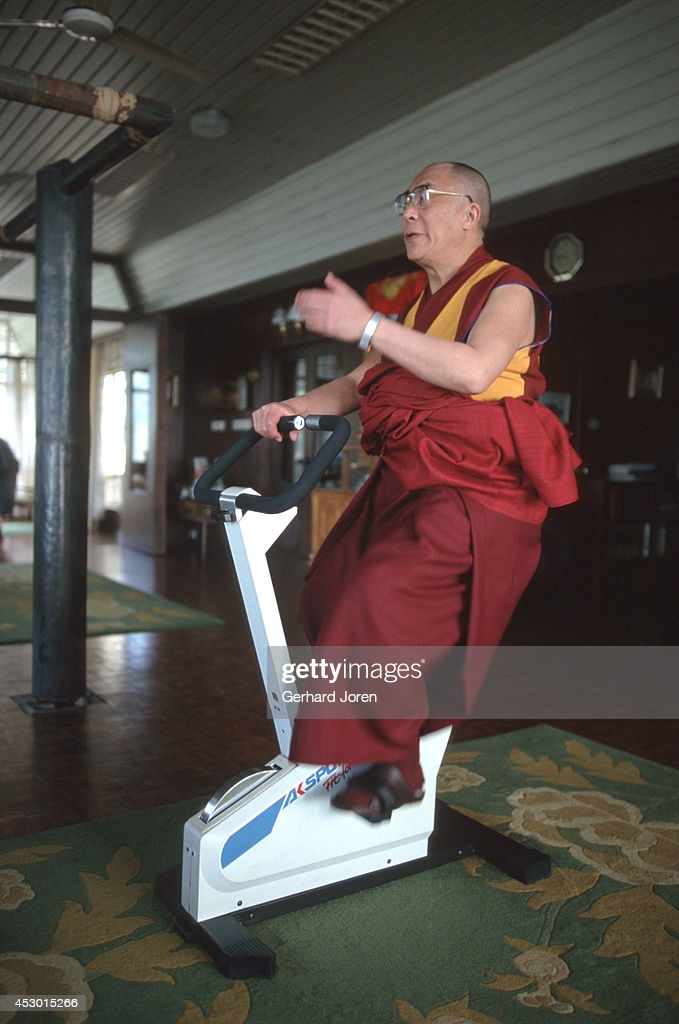
Activity Six
Resources
This is a random assortment of resources. If there’s anything I’ve mentioned that you’d like a citation for, or more information about, please let me know and I’ll do what I can to find a source or make a suggestion.
- Fat, Pretty, and Soon to Be Old: A Makeover for Self and Society. Pub: A.K. Press (2019) By Kimberly Dark (scholarly, memoir)
- Heavy: An American Memoir. By Kiese Laymon. Bloomsbury 2018 (scholarly, memoir)
- Hunger: A Memoir of (My) Body. By Roxane Gay. Pub: HarperCollins (2017)
- Keith Jarrett ‘Emotional Cellulite (A Song of Grief and Courage)’. Poem In Selah. (2017) Burning Eye Books.
- Andrea Gibson. Spoken word poem. The Nutritionist.
- Recovery in the Bin. https://recoveryinthebin.org. A UK based critical theorist and activist collective. Website including links to free articles.
- Critical Psychiatry https://www.criticalpsychiatry.co.uk/index.php. A network primarily for psychiatrists, psychiatric trainees and medical students with an interest in psychiatry.
- Critical Dietetics https://criticaldieteticsblog.com Including an open access journal (i.e. free). A place for critical inquiry and exploration on dietetics that welcomes all relevant scholarship and engagement.
- Audre Lorde on The Masters Tools
- Hallmarks of White Supremacy
Activity Seven
A Reminder to Go Gently
Remember, some of these questions might land deeply and feel unsettling. It’s fine to be unsettled – we need this for change to happen. It’s also true that there’s a point at which we can be too unsettled to engage with learning, which clearly isn’t helpful. We need a steady place in ourselves to return to (the body awareness exercises will help with this) as we adjust to new ways of being with food, emotions, knowledge and so on. 
The most important thing for the learning and healing that’s happening here is that you explore your feelings and beliefs. This means being able to engage, and this means pacing yourself. Don’t worry about doing everything that’s suggested, amount doesn’t matter. It’s more important that you can be present with whatever you do, even for a short time and even for a tiny amount.
Last question, what are you looking forward to? Have you got any treats planned? If not, now is a great time to put something in your diary!
See you soon ~

